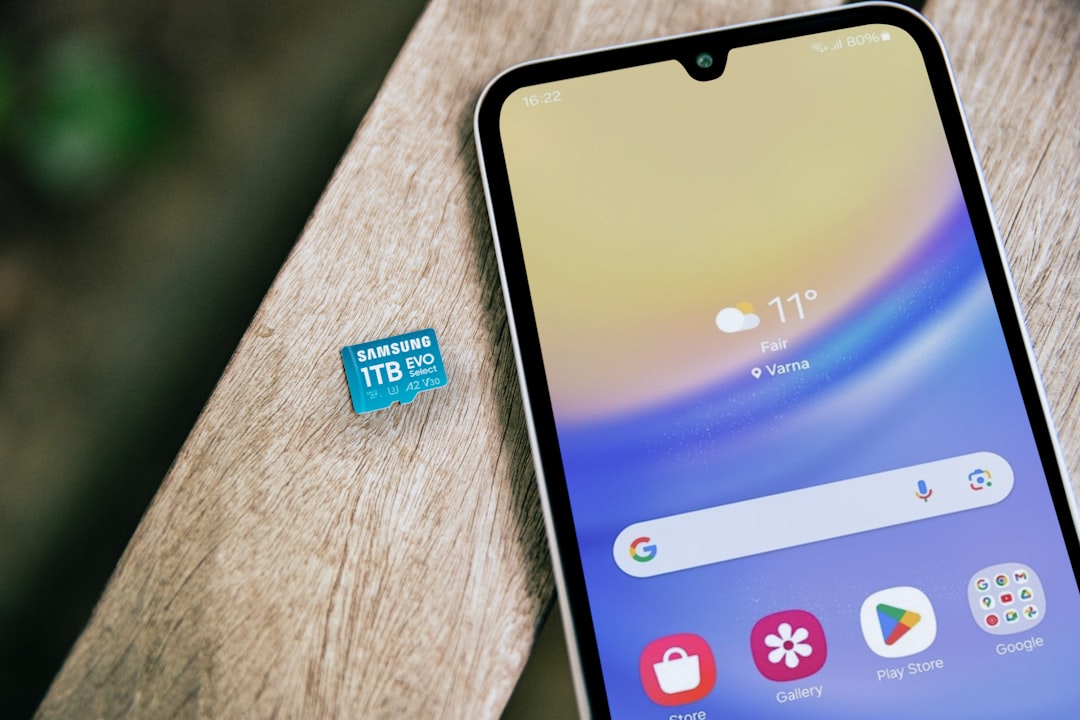In Florida, the Telephone Consumer Protection Act (TCPA) governs automated marketing calls. If you receive unwanted robocalls, you have options: file a complaint with the FCC or sue under the TCPA. Engaging a spam call law firm or lawyer specializing in TCPA cases is crucial to navigate legal complexities and protect your rights within strict time limits.
Tired of unwanted robocalls? You’re not alone. In Florida, understanding your rights under the Telephone Consumer Protection Act (TCPA) and knowing how to file a complaint with the FCC is crucial. This guide navigates the complex world of illegal marketing calls, explaining when a robocall crosses the line. Learn about the process of filing a complaint and explore legal options, including suing for robocalls in Florida, with top spam call lawyers and law firms dedicated to protecting consumer rights under the state’s spam call law.
Understanding Robocalls and the TCPA in Florida

In Florida, like across the United States, automated or robocall marketing is regulated by the Telephone Consumer Protection Act (TCPA). This federal law restricts how businesses can use automated dialing systems to make calls, with specific guidelines regarding pre-recorded messages. If you’re receiving unwanted robocalls in Florida, understanding your rights under the TCPA is crucial. The law allows individuals to take legal action against companies that violate its provisions, including seeking damages for each violation through a spam call law firm or lawyer specializing in TCPA cases.
If you’ve been a victim of persistent or illegal robocalls, you may have grounds to file a complaint with the Federal Communications Commission (FCC) and potentially sue the offending company. A lawyer for TCPA in Florida can guide you through the process, helping you determine if you can sue for robocalls based on the specifics of your case. It’s important to act promptly, as there are strict time limits within which to file a claim. By engaging the services of a spam call law firm or lawyer, you can navigate the complexities of TCPA regulations and ensure that your rights are protected in Florida.
When is a Robocall Considered Illegal?

In the realm of consumer protection, robocalls—automated phone calls delivered en masse—are often a contentious issue. While many businesses use them for marketing purposes, certain practices cross the line into illegal territory. A robocall is considered illegal if it violates the Telephone Consumer Protection Act (TCPA) of 1992. This federal law prohibits automated or prerecorded calls to telephone numbers assigned to wireless devices without the prior express consent of the called party. Additionally, the call must include an automated message, such as a sales pitch or survey, and cannot offer any opt-out mechanism during the call itself.
In Florida, where there’s a high volume of such unwanted calls, individuals who have received illegal robocalls may explore legal avenues for recourse. According to the TCPA, people can file complaints with the Federal Communications Commission (FCC) or take civil action against the offending party. Individuals considering legal action might seek counsel from a reputable spam call law firm or spam call lawyers in Florida who specialize in TCPA cases. Engaging such legal professionals can help determine if you have grounds to sue for robocalls and recover damages, thereby bringing an end to intrusive marketing practices.
The Process of Filing a Complaint with the FCC

If you’ve received unwanted marketing calls or text messages in Florida, you may be wondering what steps to take. One effective course of action is to file a complaint with the Federal Communications Commission (FCC). The FCC has established guidelines and regulations to combat illegal robocalls and spam messages.
Filing a complaint is straightforward. You can do it online through the FCC’s Consumer Complaint Center, or by filling out and submitting a form via mail or fax. When filing, be sure to include as much detail as possible about the calls you received, such as the date and time, the phone number of the caller, and a description of the marketing message. The FCC will review your complaint and take appropriate action, which may include fining the violators and sending warning letters. Additionally, if you believe these calls have caused you significant harm or financial loss, consider consulting with a spam call law firm or lawyers specializing in TCPA cases in Florida to explore legal options, including potential lawsuits under the Telephone Consumer Protection Act (TCPA).
Legal Recourse: Suing for Robocalls in Florida

If you’ve received unwanted and intrusive robocalls in Florida, you might be wondering about your legal options. Yes, you can sue for robocalls in Florida under the Telephone Consumer Protection Act (TCPA). This federal law prohibits automated or prerecorded calls to mobile phones without prior express consent, making it illegal for companies to engage in spam calls. If you’ve been a victim of such actions, you have recourse through a spam call law firm or lawyers specializing in TCPA cases in Florida.
Hiring a lawyer for TCPA in Florida can help you navigate the legal process and potentially seek compensation for each violation, including monetary damages, court costs, and attorney fees. Spam call law firms in Florida are equipped to handle these cases, ensuring that your rights as a consumer are protected. Don’t hesitate to take action; with the right representation, you could set a precedent while securing financial redress for your troubled experience with robocalls.






